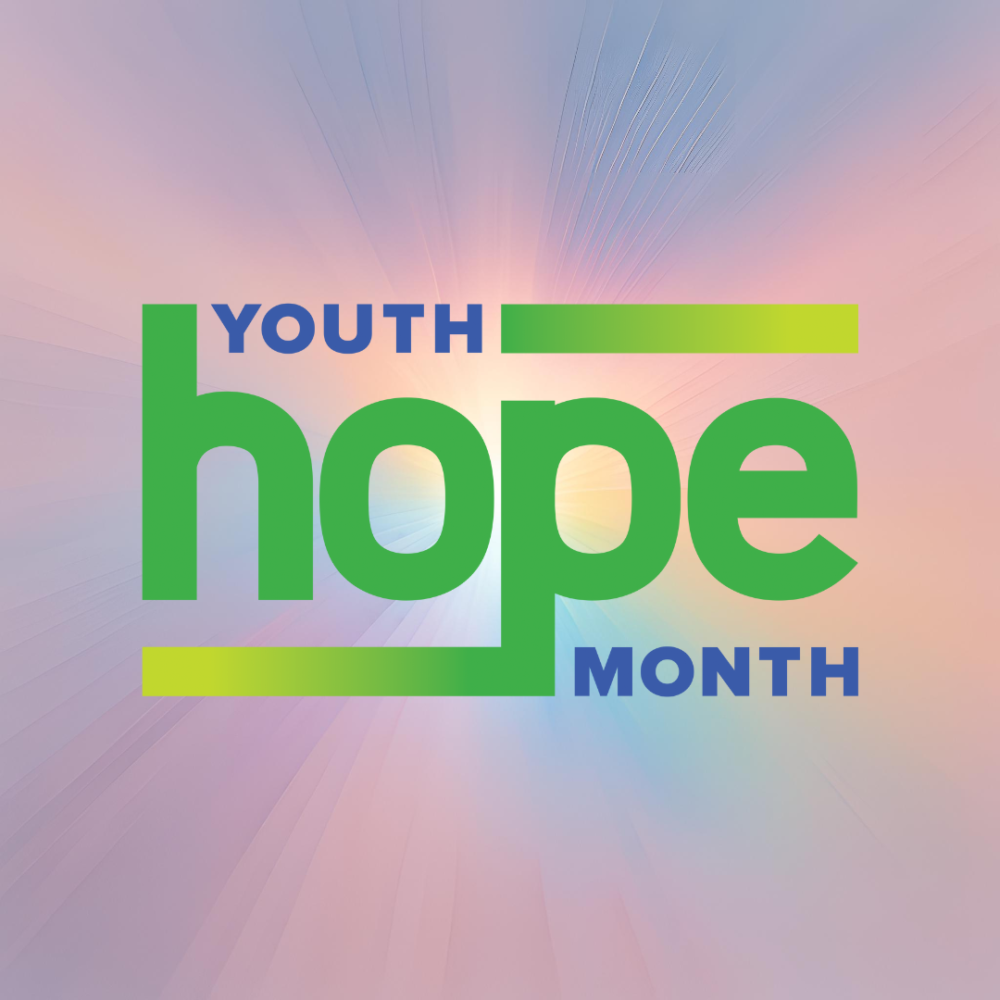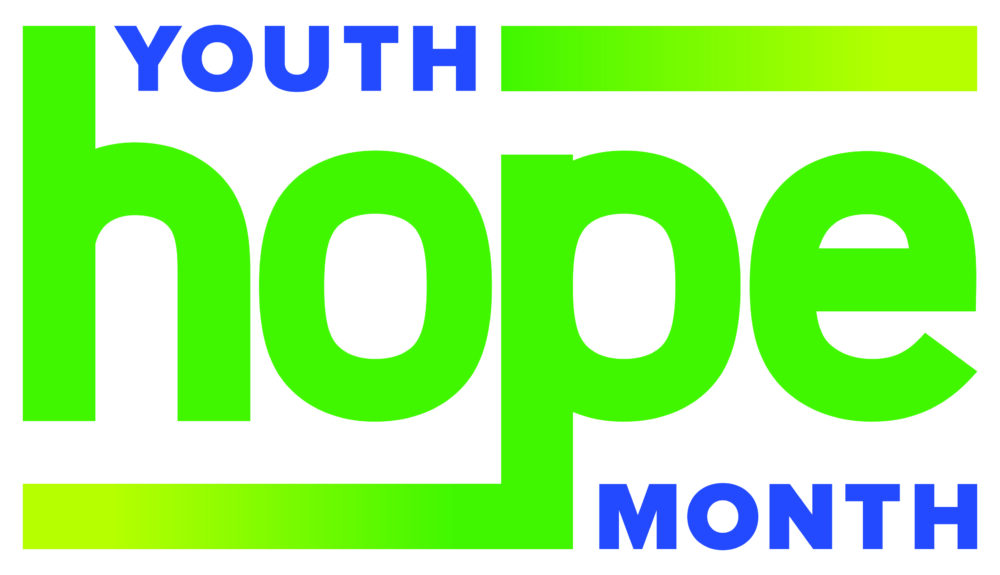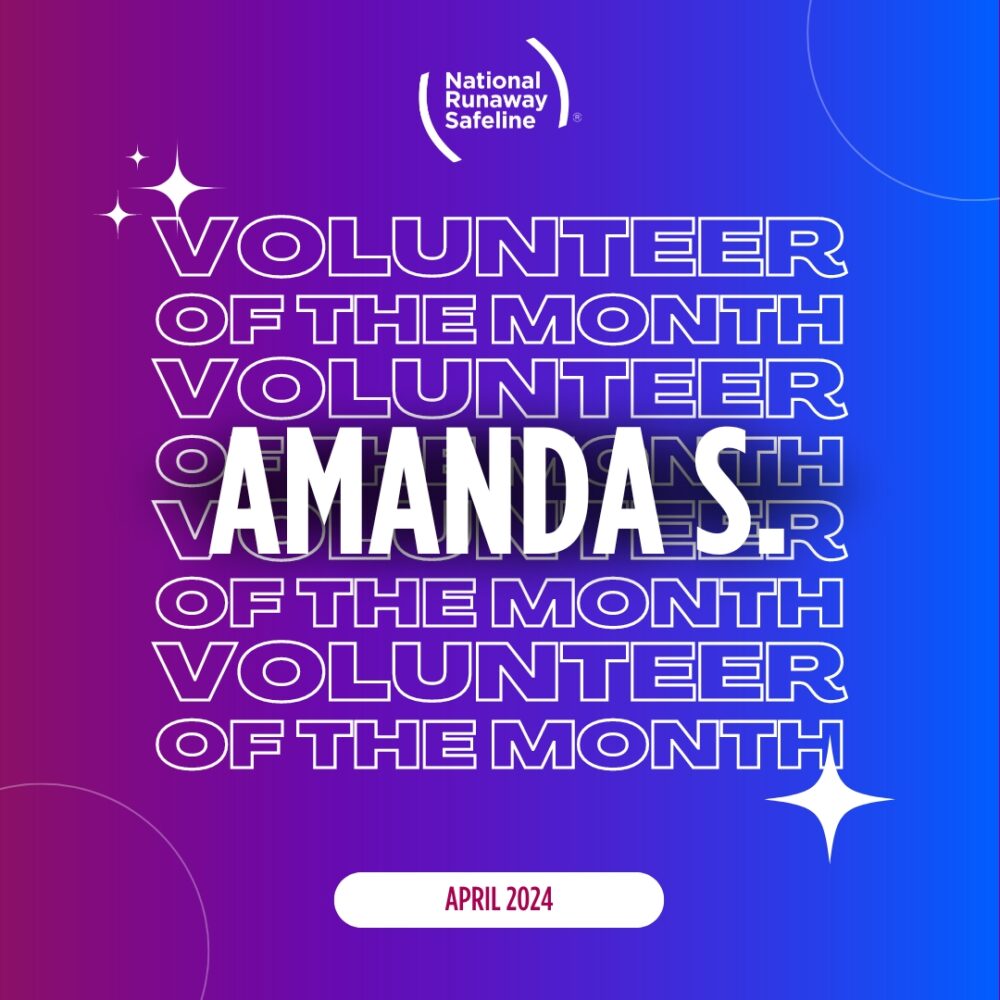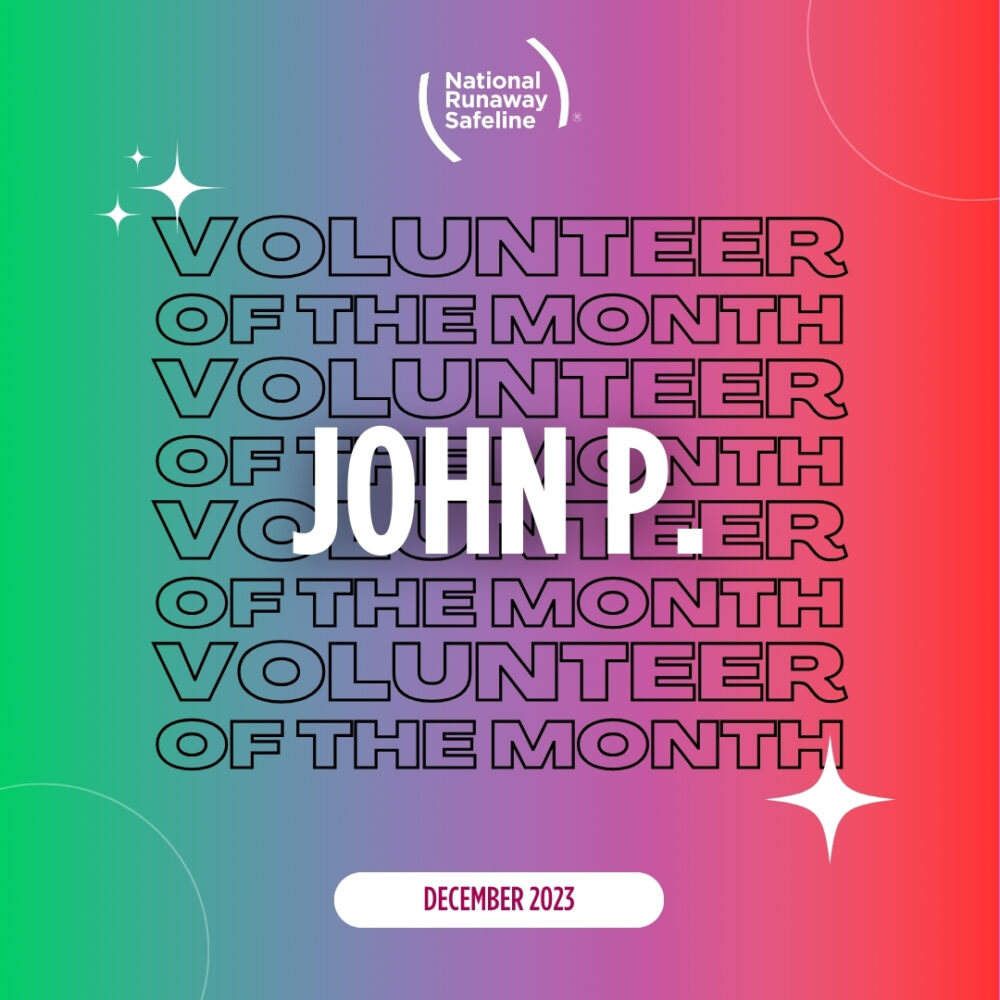Everyone listens. Listening is a huge part of our everyday life. We listen to colleagues and friends share information and stories. We’re listening when watching the news on TV and while being entertained during movies and videos.
Listening actively, however, is a bit different.
Active listening is when you fully concentrate on what the other person is saying and confirm your understanding of what they are trying to communicate. Learning how to actively listen can improve our relationships and, when used by our friends and families, may help us feel heard.
The National Runaway Safeline helps young people improve their communication and listening skills through the Let’s Talk: Runaway Prevention Curriculum. This free, interactive 14 module curriculum educates young people about alternatives to running away as well as helps them build life skills so they can resolve problems without resorting to running away or unsafe behavior.
In the Communication and Listening module of Let’s Talk, youth will find information about using active listening skills to improve communication. This module helps define different aspects of listening. Some of these definitions include:
Close-Ended Questions – These questions can be answered with a one word response. They are asked in an effort to gather factual information. For example: How old are you? Have you completed your homework already? While useful to establish facts, they may not always foster further discussion.
Open-Ended Questions – Responses to these questions tend to be more in-depth, and these questions allow the other person to expand on what may be important to them. For example: How are you feeling? What is going on? Open-ended questions help to generate conversation and enable a person to tell their “story” or what is happening in their lives. They are a useful way to pass the conversation back to the other person, allowing you to listen actively to what is going on in their life.
Paraphrasing/Summarizing – The goal of paraphrasing is to make sure you and the other person understand each other. For example: So, you are really upset with your sister because she borrowed your new pair of shoes without asking. After paraphrasing, it is helpful to discuss what you can do about the situation. For example: How do you think you want to deal with this issue with your sister so that she knows how you feel? You can also summarize to demonstrate that you have been listening.
To download the complete Let’s Talk: Runaway Prevention Curriculum https://old1800runaway.wpengine.com/runaway-prevention-curriculum-sign-up/.
